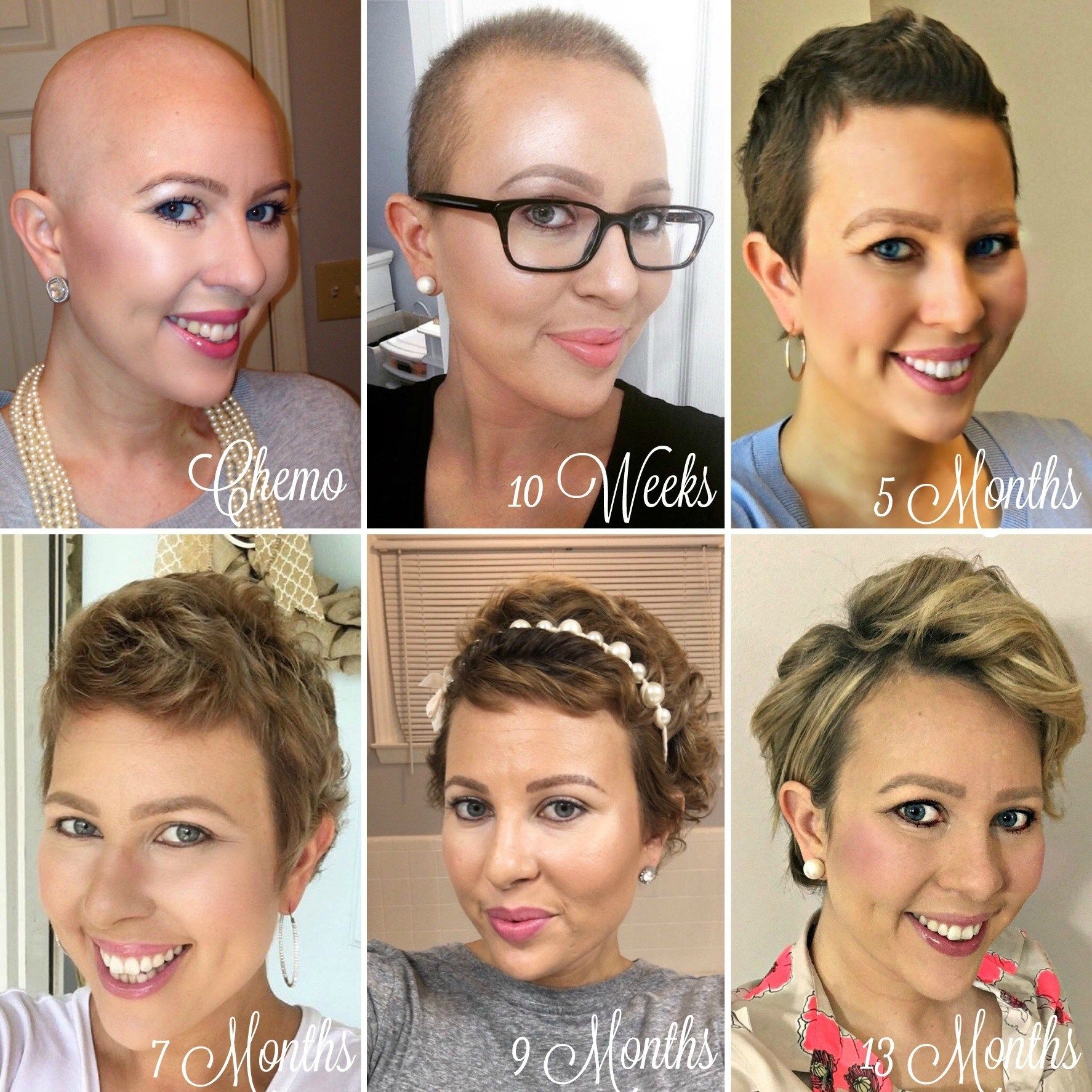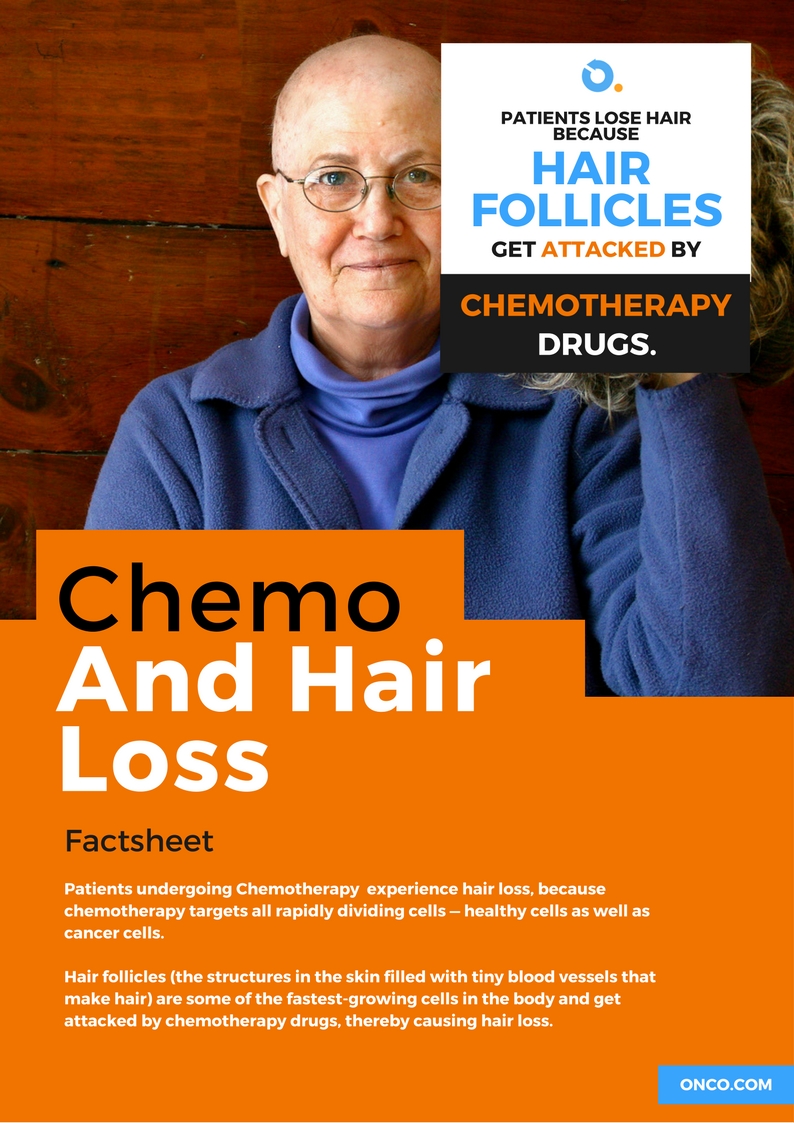Chemotherapy and hair loss: What to expect during treatment
Table Of Content

Ask your care team if your chemotherapy treatment will result in hair loss. It’s hard to know who will experience partial or complete hair loss while undergoing chemo. It varies based on the dosage of chemo, combinations of medications, and type of cancer. There are various steps a person can take to care for thinning hair and cope with hair loss.
What about natural oils or hair growth products?
Using Rogaine (minoxidil) has not been shown to prevent hair loss, but it may reduce the severity or shorten the time it takes to regrow the hair. Alkylating agents damage the cell DNA at all phases of the cell growth cycle. They are used to treat many types of cancer, both solid tumors, like lung or breast cancer, and blood cancers, such as leukemia and multiple myeloma. Chemotherapy drugs attack all cells that grow rapidly in your body, whether they’re cancer cells or not. It’s one thing to know your hair is going to fall out.
Before chemotherapy
Getting the cap to fit close to your head might require changing how you style your hair. Ask your doctor about “scalp cooling.” A tight cap filled with cold gel reduces hair loss for some people. The temperature narrows blood vessels underneath the scalp, limiting the amount of medicine that reaches hair follicles.
Drugs & Supplements
Most of the time, patients only lose the hair on the head. Hair loss is a consequence of cancer treatment that can be very distressing. There is no right or wrong way to feel about this hair loss or how you face it. It may affect some people's self-esteem and emotional well-being, while others can view it as a symbol of their fight against the disease. Hair loss typically begins one to three weeks into chemo treatment.

Prevention and Treatment
Other factors that can lead to hair loss include illness, surgery, or dietary changes (low-protein diets or very low-calorie diets). Everyone’s body chemistry is different, of course, but it’s unusual for changes like that to be permanent. It’s also pretty rare for hair to never grow back. Patients usually start seeing regrowth about six to eight weeks after they’re done with treatment. When your hair starts to grow back, it will probably be slightly different from the hair you lost.
Choosing a Wig
Hair loss from chemotherapy is one of the side effects people dread most. An older study from 2010 notes that hair loss occurs in around 65% of people who have chemotherapy. Chemotherapy can cause a person’s hair to become thin or sparse. There are certain techniques a person can use to help care for their thinning hair and possibly reduce the amount of hair they lose.
Ways to Handle Hair Loss From Chemotherapy
If you are receiving weekly chemotherapy, hair loss may be slower and can start to grow back even while you are still on treatment. Hair should regrow after chemotherapy treatment ends. This is followed by hair loss from other parts of the body. You may notice hair on your pillow or in the shower drain. It may come out in clumps when washing or brushing your hair. Hair loss is one of the side effects people fear most after a cancer diagnosis.
It could fall out very quickly in clumps or gradually. You'll likely notice hair on your pillow, in your hairbrush or comb, or in your sink or shower drain. Boston's WCVB TV Channel 5 reporter Kelley Tuthill shares tips for selecting a wig and wearing it with confidence.

Chemotherapy and hair loss: What to expect during treatment
My cancer treatment side effects: Facing permanent hair loss, nausea, neuropathy and more - MD Anderson Cancer Center
My cancer treatment side effects: Facing permanent hair loss, nausea, neuropathy and more.
Posted: Mon, 13 Jan 2020 08:00:00 GMT [source]
Cooling the scalp may constrict (tighten) blood vessels in the scalp and may reduce the amount of chemotherapy that reaches the cells in the hair follicles. The cooling may also reduce the activity of the hair follicles and make them less of a target to chemotherapy, which normally affects rapidly dividing cells. Therefore, this may reduce the effect of chemotherapy on the hair follicle and reduce hair loss from the scalp. Your healthcare team can tell you whether your chemotherapy treatment is likely to cause hair loss. This allows you to plan for head coverings or treatments to reduce hair loss.
Hair re-growth typically begins within three months of concluding chemotherapy. I would say to stay away from any products that chemically curl or straighten hair. But if you’re determined to do something, at least run it by your care team first, to make sure it won’t interfere with your treatment. Some people might lose all of their body hair, while others experience only mild thinning. Consider the following actions to help you cope with hair loss during treatment.
Hair loss depends on the type of chemotherapy you receive as well as the dose and schedule of the chemotherapy. You may experience mild hair thinning or complete hair loss. To date, there has been no connection between the amount of hair loss or speed of hair regrowth with a patient’s race, ethnicity or hair type. Some studies have shown that cooling caps might not work well on hair with tight curls and coils. Tight curls and coils might prevent the cap from getting the scalp cold enough.
The idea is to slow down the circulation there during an infusion, so the hair follicles won’t be exposed to as much chemotherapy. But cold caps aren’t always very effective, and many patients still lose at least some of their hair anyway. Hair loss is a common side effect from chemotherapy. It occurs due to the way chemotherapy works-by interfering with the way cells divide.
Some people receive radiation and chemotherapy treatments, which can contribute to hair loss. Radiation only affects hair on the area of the body being treated. This may mean the hair on that area is lost, but not the hair on your scalp (although that may be affected by chemotherapy).
The friendly, compassionate staff can help with your questions about hair loss and hair alternatives during cancer treatment. Scalp cooling may be effective but can be expensive and not work for everyone. Topical medications have also not been found to be effective in preventing hair loss from chemo.
Comments
Post a Comment